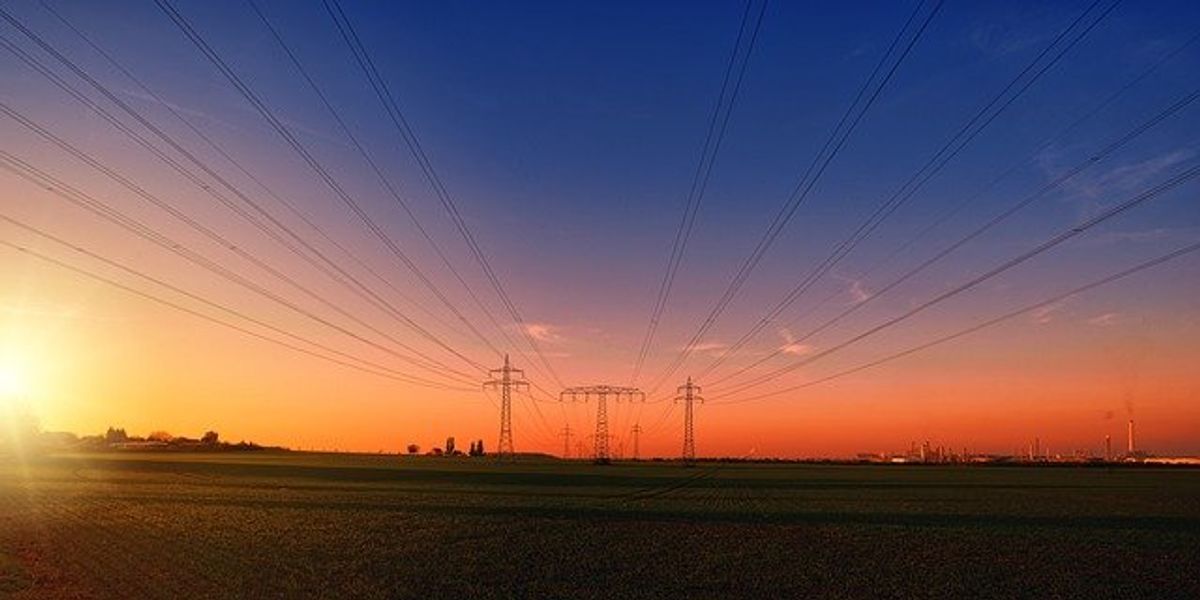
Glaciers worldwide are melting at unprecedented rates
Glaciers are disappearing faster than ever recorded, with ice loss accelerating over the past two decades due to rising global temperatures, according to a comprehensive new analysis.
Mark Poynting reports for BBC.
In short:
- Since 2000, glaciers outside Greenland and Antarctica have lost about 270 billion tonnes of ice per year, a rate more than a third higher than in the previous decade.
- The study, published in Nature, combines data from 230 regional estimates and confirms that human-caused warming is driving rapid glacier retreat.
- Scientists warn that continued emissions will determine whether up to half of the world’s glacier ice is lost by 2100.
Key quote:
“Every tenth of a degree of warming that we can avoid will save some glaciers, and will save us from a lot of damage.”
— Michael Zemp, director of the World Glacier Monitoring Service and lead author of the study
Why this matters:
Glaciers act as freshwater reservoirs for millions of people, buffering against droughts and sustaining ecosystems. Their disappearance threatens water supplies, increases sea levels, and raises the risk of coastal flooding. Even small rises in sea level can displace millions, exacerbating climate migration and economic instability. Scientists stress that the extent of future glacier loss hinges on global efforts to curb greenhouse gas emissions.
Learn more: Scientists document the global disappearance of glaciers














